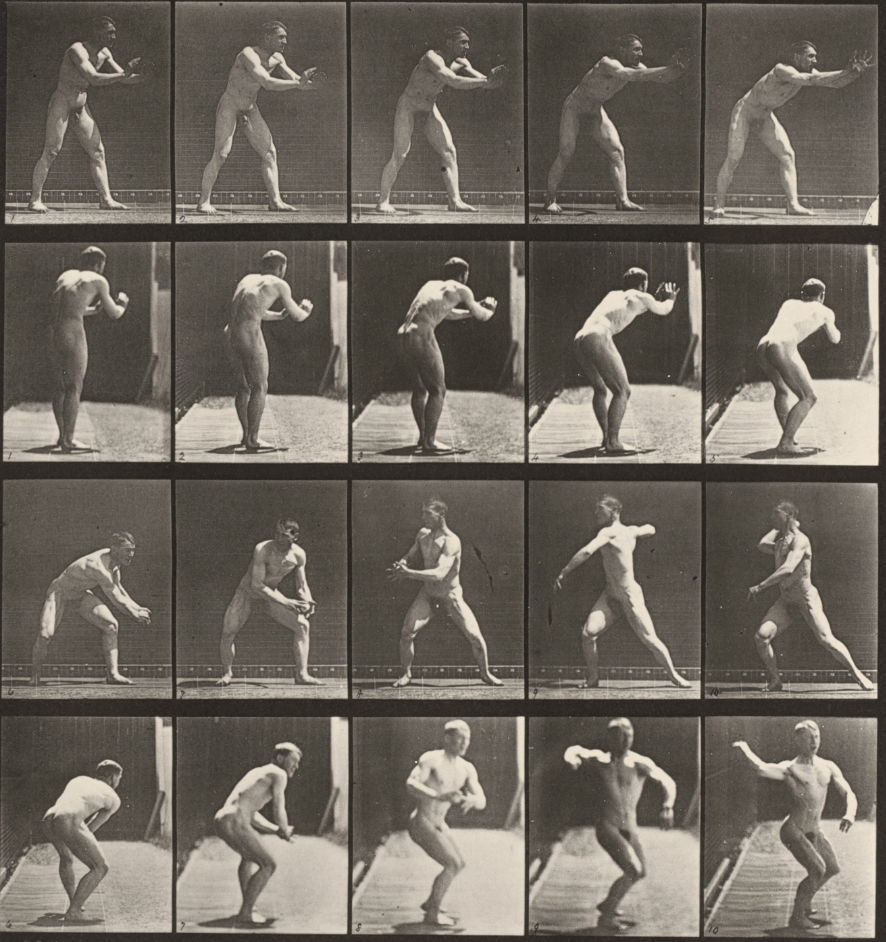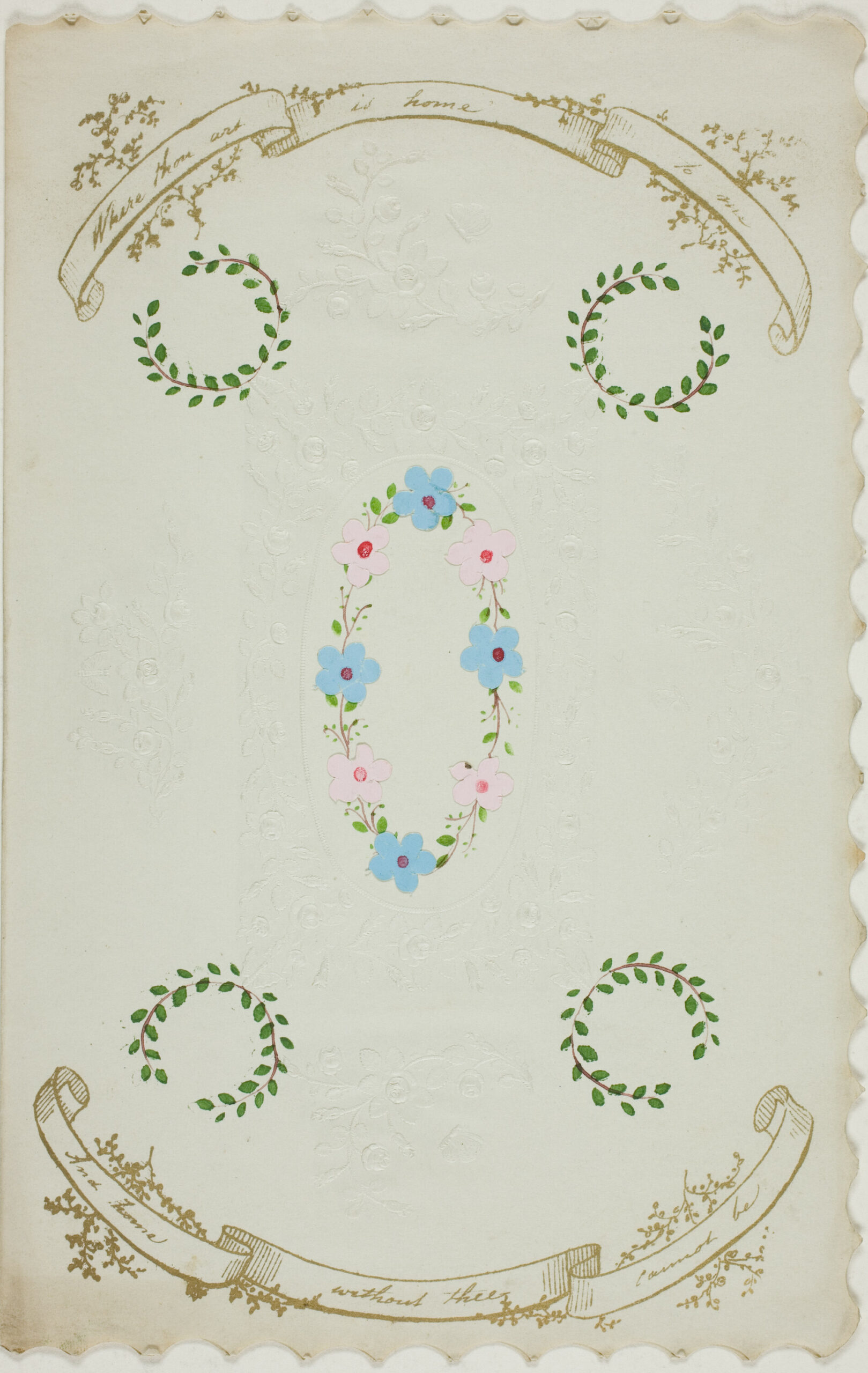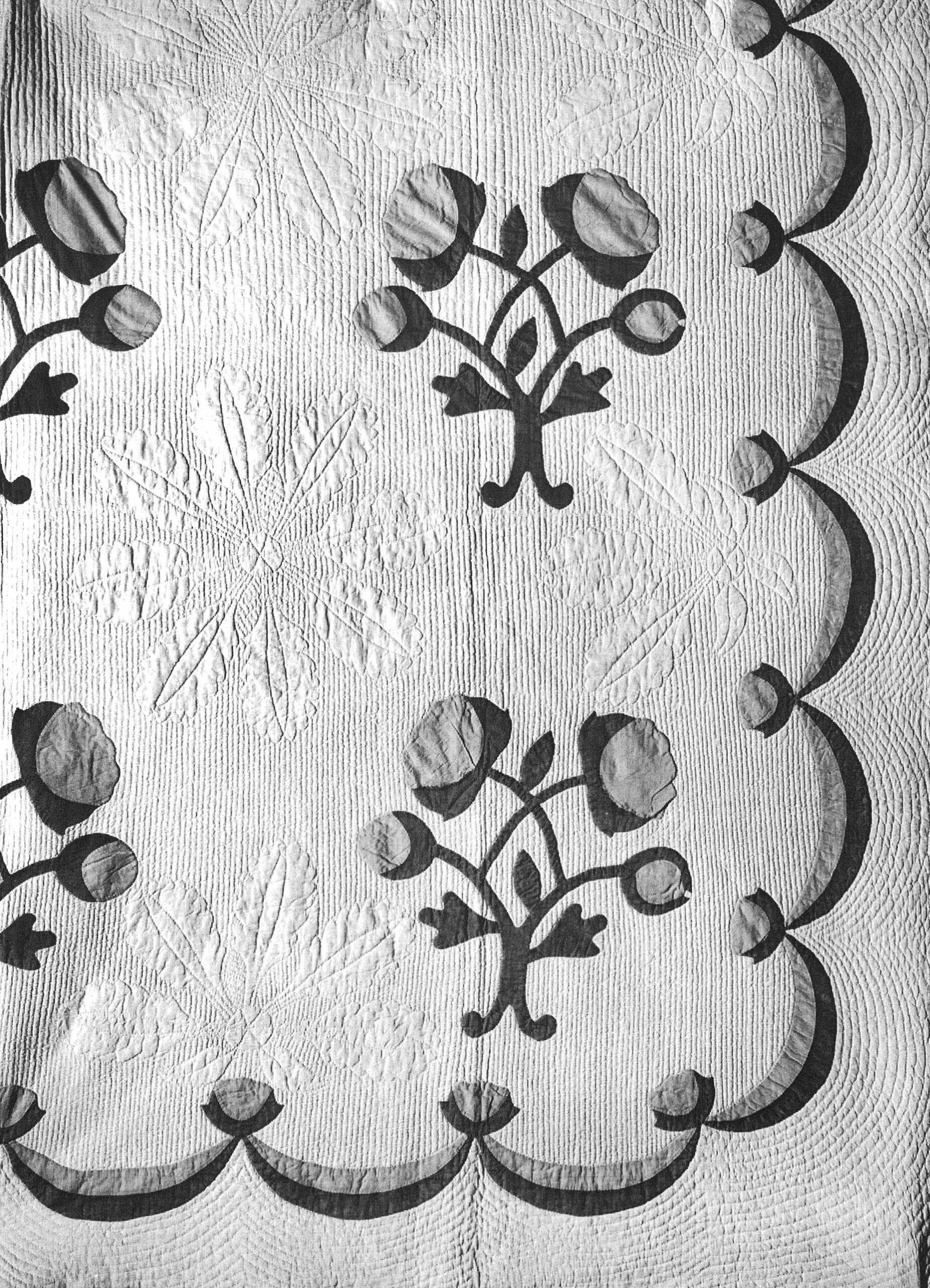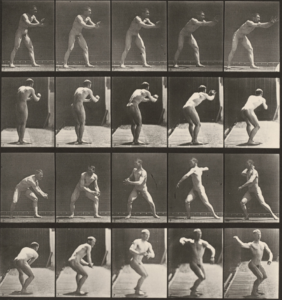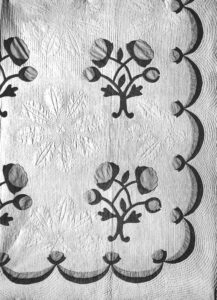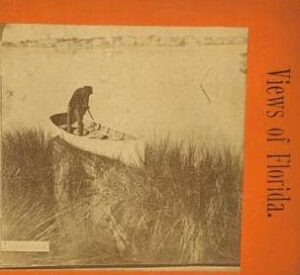Most Non-Compete Clauses are Legally Unenforceable
Robert Walikis
Issue 16 ProForma Runner-Up
A flickering fluorescent light. A pitcher of water. Two glasses. Two chairs.
Two beings. You. Your body. Staring each other down across a negotiation table.
You are coming to terms with your body. The mediation is one-sided. You slam the table with both fists, hard. It is unlike you to be so harsh, so unrelenting. Your body does not flinch. Your body wavers not from its simple demands.
You used to coax your body. Used to work with your body. Calmly, warmly, as a favorite teacher ought. Supportive and enduringly patient. Your body took you places. Eventually. A little nudge and an open-ended timeline. A truckload of “You’ve got this!” greased the skids.
You admit your body is a loyal constituency. Steadfast. Eager. Not one to complain. But you are pushing your body now, at the upper end of middle age. Friction-filled joints and bound-up musculature. Like dense hardwood furniture grinding over low-grit sandpaper. Coercion, your body retorts, has its limits.
Your body claims you have been an absent coach. Your body tells you quarter horses, like the Ashvini of Vedic nakshatra fame, need their paces. Your body reminds you of what your ignorance has cost you. History is on your body’s side. Your strong suit is not action. Monk-like suffering is more your speed.
You search for an emotional angle. You reminisce. You push aside your worn paperback copy of Getting to Yes, Fisher and Ury’s negotiation classic, as you address your biological frame. You begin to tell your mutual story.
We were an uncourageous baseball fielder at the overripe age of eleven. Ninety-eight pounds, nicknamed “Weakie,” we unexpectedly impressed the parent coaches and scouts one summer during Little League batting tryouts at Rec Park.
You recognize, only after decades of speaking those two words, the redundancy of the name: Recreation Park. The idealized intentions of a Triple Cities shoe magnate’s gift to his community. The potential respite on weeknights and weekends past school-day and work-a-day concerns, when time allowed. The proscribed boundaries of acceptable frolics, statute-enforced after hours.
You continue with your reverie, in search of bodily persuasion.
The late Spring grass shimmers with early evening dew. The newly unfurled oak leaves rustle on the trees shading the setting sun. Can you see? Do you remember?
Our bat swings connected on successive pitches, grouped hot streaks which surprised us both. Our outfield hits flew faded arcs as shots heard ‘round the world. Our balls fell everywhere there was no fielder. The scattered spheres were shagged down late by eager farm-team journeymen.
Your body lights up. Your hands feel the closed grip, the plush batting glove bearing the tremors of your nervousness. Your arms and torso recall the adrenaline-induced torque of your well-planted swings. Your ears sense the crack of white ash bat against the spinning leather ball. Vibrations carried on the pre-summer breeze, crisped waves expanding through the rare atmosphere. Reverberations transmitted through bone and tendon, speeding at once toward your brain and down into your heels, absorbed in the rubber insoles of your dusty sneakers.
But your body is unmoved by your crude appeal to lost youth. Your body remembers the conclusion to your story arc. Your body concludes the tale.
Our father and our uncles succeeded in extracting and cutting only a single jagged facet of our baseball diamond toolset. Our mitt’s application to fielding grounders during the evening’s tryout was unspectacular by comparison.
We were assigned to a mid-tier Little League farm team. One unmemorable season in Right Field. Our charmed bat went silent, all infield hits and flyouts during six consecutive summer weeks of Tuesday-Friday gameplay.
Your body reminds you they did not fear the wincing tags of screaming baseball seams. They were not scared of short-hopped balls bounding across inert infields on incalculable permutations of dusty trajectories. Rather, you were.
You respect your body for its honesty. Your body won’t be brushed back by an inside pitch on the hands. Your body retains a memory of its own, neuronal echoes in time. You take a new tack. You continue your story.
We watched the 1972 and 1976 Summer Olympics together on our Zenith color television. We recognized the potential for solo achievement in individual sports where the pain is internally overcome, not externally imposed. Where the risk of objects and persons impeding one’s bodily boundaries is minimal.
Track & Field. Lasse Viren, the “Flying Finn.” Steve Prefontaine, the front-running “Pre.”
Swimming. Mark Spitz, the American “pool shark.” John Naber, the backstroke wonder.
You pursued both sports in parallel. Your intent was practical. There was no certainty of progression of skill, much less accomplishment. You had no backup plan. Your body lauded you for pushing your mental boundaries.
We reluctantly committed to placing our face in the water. No matter the foreboding mysteries beneath the surface of ponds, lakes, and oceans. No matter the sting of chlorine to our eyes. No matter the post-swim-lesson vision-refracted rainbows. We finally passed Red Cross beginning swimming one year and the following summer advanced beginner and intermediate as well.
We held an Olympic-inspired Neighborhood Games with our brother and friends in West Side backyards and side streets. Running was the best of all our contested skills. We trained to endure the 440-yard dash in the annual school track meet at MacArthur Elementary. We loved running the third legs of 4×110 and 4×220 yard relays in our size 10 and growing cornflower blue Nike waffle racers.
Your body tingles with remembrance. You were confident your closing kick was better than the rest of the field, a strong advantage.
We thrilled at the moment of the final turn, drafting the competition and pulling ahead on the straightaway, heading for the tape. We pushed each other on the weekday three-mile runs within the distance group of Junior High track. We focused on the half-mile and dabbled in the triple jump. We improved with almost every track meet.
Until landing in the triple jump pit shocked our entire nervous system, the uncomfortable electricity pulsing within our legs. Until kneeling as an altar boy during Sunday mass became unbearable and cause for alarm. Until the calcifications of Osgood-Schlatters in your left knee curtailed our nascent running career at our orthopedist’s recommendation.
Your inflamed knee joint surprised you both, your third medically-recognized bodily limitation. The first was your prodigiously flat feet. The second, your twisted tibia. You were better suited for ballet from the kneecap down. Your feet splayed into a natural first position when at rest.
Our fallen arches when wet bulged and protruded as we walked on concrete pool decks, leaving misshapen tracks behind, as unrecognizable as a sasquatch’s paw print.
You never blamed your body for your physical bounds. You never complained to your body about your native anatomy. You accepted your tendons’ irritation at your bone growth plate as reasonable, the source of your body’s calcification response.
You continued with option B. You committed to the water. Your body followed you in.
We joined the varsity swim team as a freshman. We never missed a set and always told the truth to our coaches when asked. We endured light hazing, unlike others on the team. We played quarters at our first team party but swore off all ill-gotten alcohol for performance reasons until college. Our father yelled “Go Froggie!” at us during swim meets, equal parts parental love and teen embarrassment willing us on to victory.
We traveled hundreds of thousands of yards over the years of competitive swimming. We suffered double workouts in unheated Northeastern outdoor summer pools. We held a deep mutual loathing for hypoxic sets and kicking, crafting ourselves a breaststroke-backstroke double threat, and avoiding freestyle and butterfly where possible. Our first 150 yards of our Individual Medley were a thing of beauty, our last 50 yards a horror.
We swam in regional and national meets from Providence to Lawrenceville to Philadelphia to Indianapolis. We swam a Top 10 time in the country for our age group one spring in the 200-yard backstroke after a growth spurt. We set school records in high school and college, setting personal bests throughout.
And then, like G-d on the seventh day, we rested. We recreated. And we recreated some more. Recreated in ways unallowed in the parks of our youth.
You swam in post-collegiate pools of social lubricants. Your swimmer’s appetite continued, unbound. Your waist grew, ever-expanding. At times, you found the pool. A few swims during lunchtime at the university. A few swims on the weekends at the 50-meter pool. At times, you returned to jogging. A few 5K road races came and passed. Your body sustained itself on intermittent exercise, never happy at the start.
We took 20 years to return to the pool in earnest as a Masters swimmer. We worked off 30 pounds of weight over 4 years with a steady regimen of 3-4 workouts a week after work and on Saturday mornings. We swam the best freestyle workouts of our swimming career. We learned to enjoy distance, to enjoy pacing. We willingly entered 1000-yard and 800-meter freestyle races. And loved it.
We sustained a chronic injury, job loss, and the interruptions of family life. We took another 4 years to return to the pool, shedding 20 pounds this time within a year and a half. We yo-yo from gain to loss, from uninhibited intake to controlled output and back.
Be glad we might still be able to do drop that many pounds, your body tells you. Might. You are pleased with your body’s response. You have identified a path to meeting your body halfway. You pivot back to the present.
We now live life in a continuing Global Pandemic. After The Shutdown. After the Reopening. After the Reclosing. With cautious hope. With endemic worry. In the beginning, the tension was palpable. Wiping down grocery deliveries. Shopping five mornings straight for toilet paper without luck. Wondering about masks. Not eating takeout for 24 months.
We have worked from home for two years now, as of March 2022. We and our wife have kept the Coronavirus at bay. Through care, caution, and removal from the external world, plus the maximal allowed doses of vaccine, COVID has not (yet) found a way in.
But you have seen other effects, symptoms, and maladies instead. Your body winces. Your weaknesses are showing. They parade, popping up like gophers from holes in a golf course. They have become legion, showing up when you least expect them. You enumerate them all. Your body shrugs, unwilling to join your pity party.
We loved our 1999 IBM Lenovo Thinkpad and its built-in mouse, a nubbin of a trackball when we received our first work laptop computer at our first Silicon Valley job. We cursed the 2016 model, with repeated left-hand mouse command contortions.
We lashed ourselves to our computer laptop keyboard during work hours every day, sitting on the couch because working at home has its perks. We felt the planar shoulder tension, a complex reaction over time freezing our left shoulder.
You consider other contributing factors:
Our 1993 shoulder separation suffered during a Spring snowboard company employee fun day. Racing to keep up with your friend, the in-house board tester, you caught an edge on a slushy flat. Our natural reaction saved our teeth and eyes at the cost of a loosened appendage.
Adjacent weakness from our 2014 diagnosis of thoracic outlet syndrome. Our first Masters Swimming program focused on open-water freestyle skills. We lacked the natural musculature to keep our head up for competition sighting for so long at a time. We never swam enough backstroke and breaststroke for counterbalance.
An Albertson’s shopping cart we abruptly grabbed in 2016 when our Locals flip flops slid out from under us on the damp grocery store floor. We still remember the searing pain.
You ignore the growing problem for weeks, for months. You persist without exercise, once again. You self-treat with ice and ibuprofen. You suffer silently at night when turning to your left side to avoid snoring on your back. Until reaching into the backseat of your car was like tearing your arm out of its socket. Until your wife begged you to retrieve your 27-inch monitors, a full-sized keyboard, and an ergonomic mouse from work, virus be damned. Your standup desk joined the ensemble.
You belatedly adopt yoga a year into the shutdown. Your shoulder begins to open up, reaching 95% shoulder mobility after a year of asanas, five times a week, at 6:30 a.m. You enjoy planking now for the first time. Your body replies: “namaste.” You continue your recitation.
We built bookcase after bookcase to hold our growing library, packages arriving at our doorstep. With a twist of the wrist, while constructing an IKEA Kallax 3×3 cube, our right middle finger tendon clicked, a short sharp shock, like a misfiring cricket. Our intermittent chirp hasn’t stopped since. It surfaces with sudden hand movements or pre- and post-sleep stretches.
IKEAn stigmata—palm blisters from working with stripped Phillips-head screwdrivers and too shallow screw heads—appear with every new screw-heavy project. We wonder what our grip strength says about our longevity and health. We wonder why we never charge the electric drill.
Your body understands you are habitual. You are stubborn. You believe using a drill would be overkill. You conceive of construction as a full-body experience.
Your body isn’t the one who decides.
Our appendages swell randomly or become painful at odd times. Sometimes, our big toes, other times, the smaller tarsals. Possibly gout with excruciating night pain. Other times, an ingrown nail infection. At times, yoga-related.
It could be our unshod feet forced back into shoes for a full day when we’ve chanced in-person encounters. It could be our toes propped in strange contortions on one of the five metal supports of our desk chair. It could be our low-stooping on toe tips when re-stocking tissues and garbage bags under sinks.
Your body laughs at your grasping for the cause. Your body knows better. Your body bears the brunt of your poor choices. Your careless maintenance and care of your parts.
We have sudden onset tinnitus in both our ears. They ring whenever our world is silent, although the diversions of daily life mask its subtle presence.
We attempted Tuvan-style versions of Vedic chants in June 2020 which unlocked a high-frequency harmonic prize. We experience a tone similar in frequency to the merpeople voices emanating from the golden egg in Harry Potter and The Goblet of Fire.
We hear a sustained and morphing A-major chord: your best guess. We recognize similarities to the overtone echoes of the solo piano breaks on the Beatles’ song “Birthday” or the opening chord to “Hard Day’s Night.”
You were throwing pottery Monday nights at the local arts center in January 2020, learning new moves, “finding your way with clay.” You had swum in your Master’s swimming team’s recent challenges of 50, 75, and 100 repeats on 2:00, 1:45, and 1:30 respectively. You were lithe, approaching your lowest body weight in recent history.
Except the last two years are unlike anything you have ever experienced, or may experience again. Your clearly body has questioned you. Do you expect us to work 13 hours a day without time off or a daily workout? Where’s your empathy for the frame bearing you from place to place in time? You were not listening. At first.
Your inner focus during pandemic life, the meditative state of things inside, raised your body awareness to all new heights. You compare your new life to the days when commuting traffic, NPR radio, in-person peer meetings, cafeteria snacks, and nitrogen-pumped cold brew coffee on tap kept your attention elsewhere. Any other place than the flesh in which you or what you think might be you or what the essence of you considers itself resides.
Luckily, two years in, you’re weeks from your second booster. Thankfully your semi-pescatarian meal plan, full of nut protein, hasn’t tipped you over into diverticulitis. You imagine pleurisy, shingles, insomnia, and erectile dysfunction forming a waiting line outside your apartment. You realize things could be worse. Much worse.
You are at heart a carefree youth in the Valley of Vung. With some all-new troubles. At least very few. You recognize your longing for Solla Sollew is no solution. Your mirage of the way things could be will never return. You see only the way things are: your body and you. A pitcher of water. Two untouched glasses. Staring each other down across a negotiation table.
You do not like pain. Or confrontation. You avoid both at all costs. You prefer the truth versus papering everything over, generally avoiding drugs, unguents, ointments, and balms. When your body speaks, you would much rather listen. Your body simply asks how long must they speak before you will act.
Your body informs you they are considering unionizing. A wildcat strike, if you will not take their demands seriously. You mentally wipe your daily schedule clean. You entertain an empty whiteboard of potential physical practices, built up from yoga to include swimming, walking, biking, and running. Rest breaks during the day. Standing desk instead of always sitting.
You remind your body you’re not apt to fire them. Such a drastic option is most assuredly off the table. Your body thinks you are a bit dark, hyperbolic, and looking for leverage. Your body points out most non-compete clauses are legally unenforceable, although state and local law may vary. You wonder when your body had time to go to law school.
You offer to extend your terms indefinitely, mutually. To use binding arbitration instead of litigation. You and your body begin to see daylight in your relationship. You negotiate your new agreement. Your body will, of course, believe they have won. You are a pushover.
You knew in your heart you would always give in.


